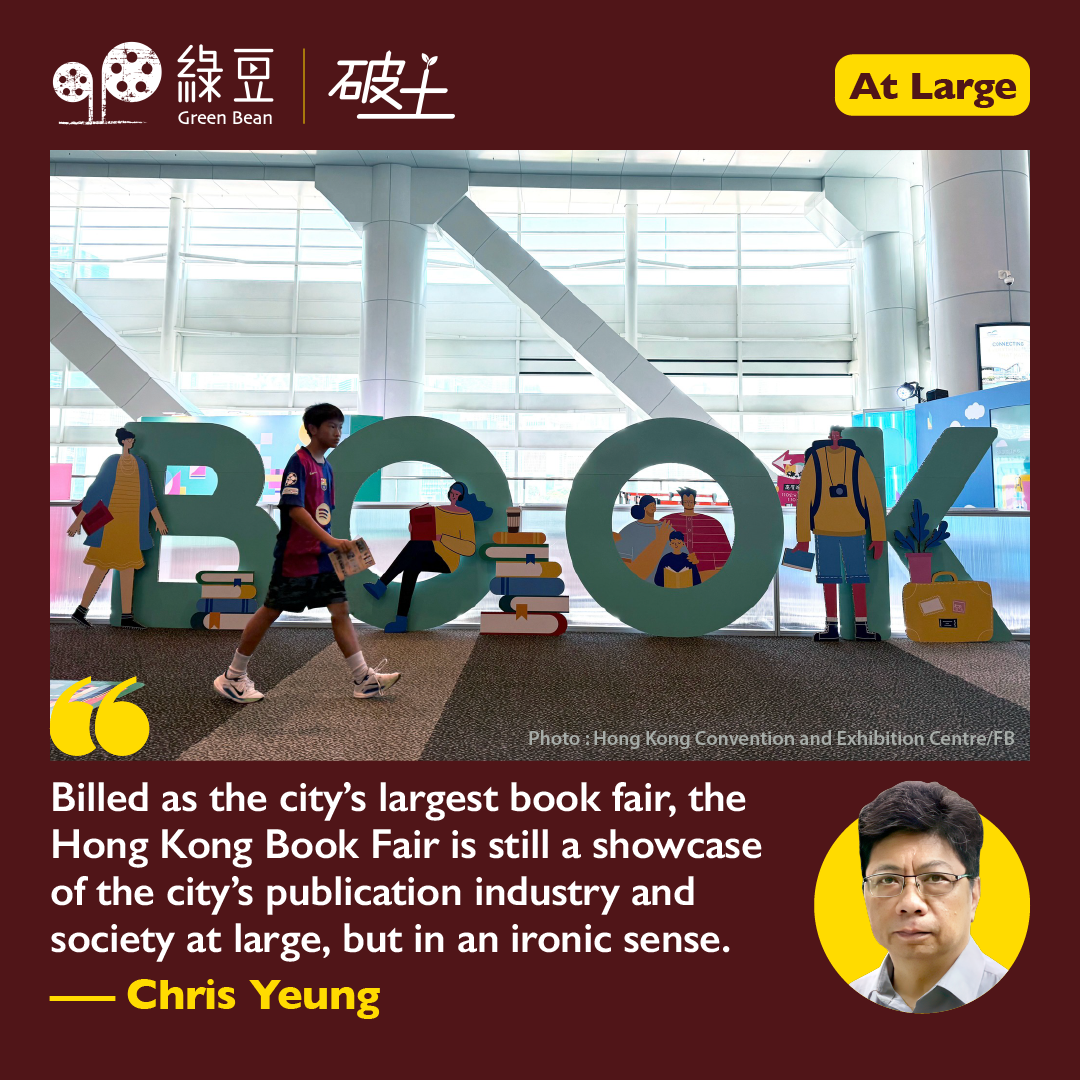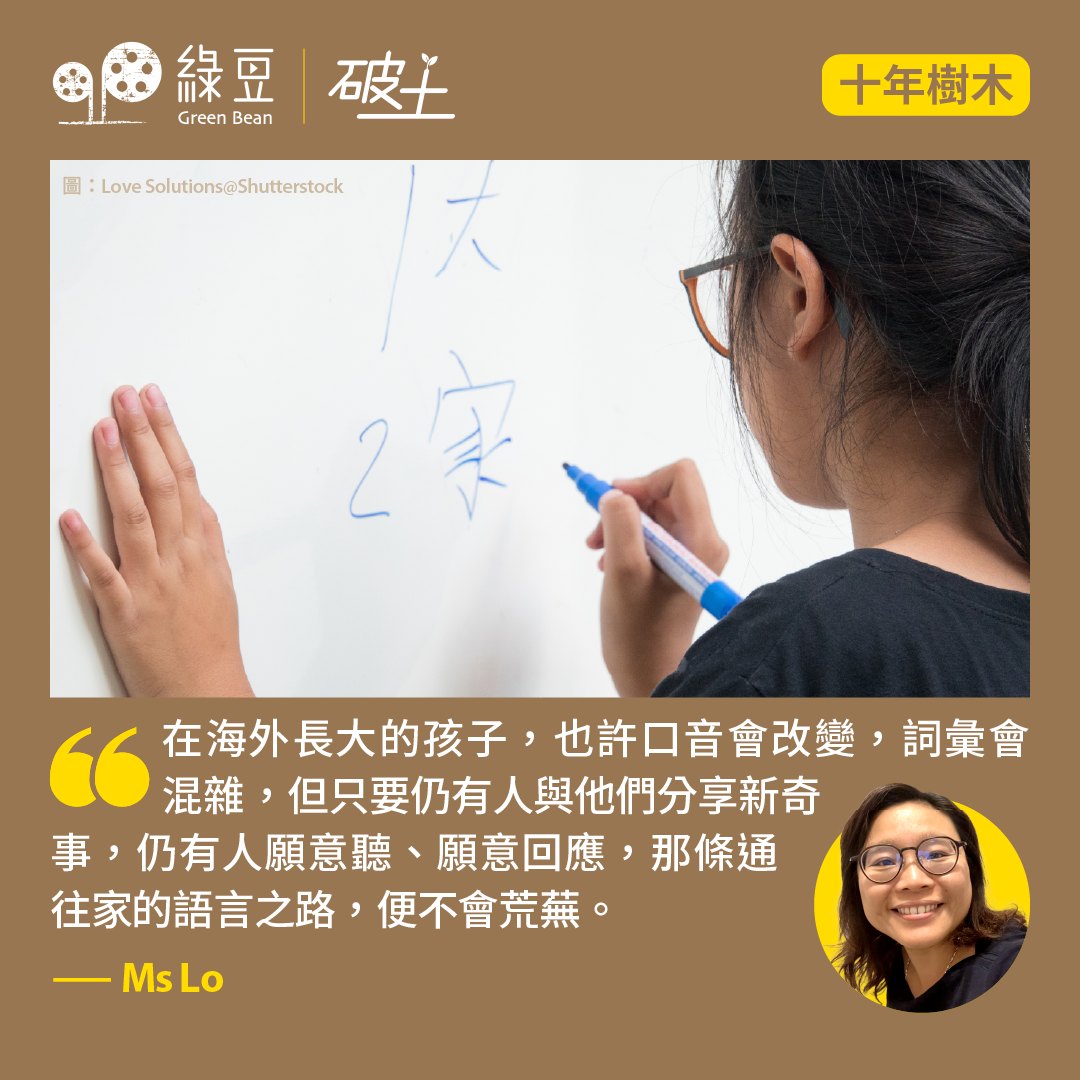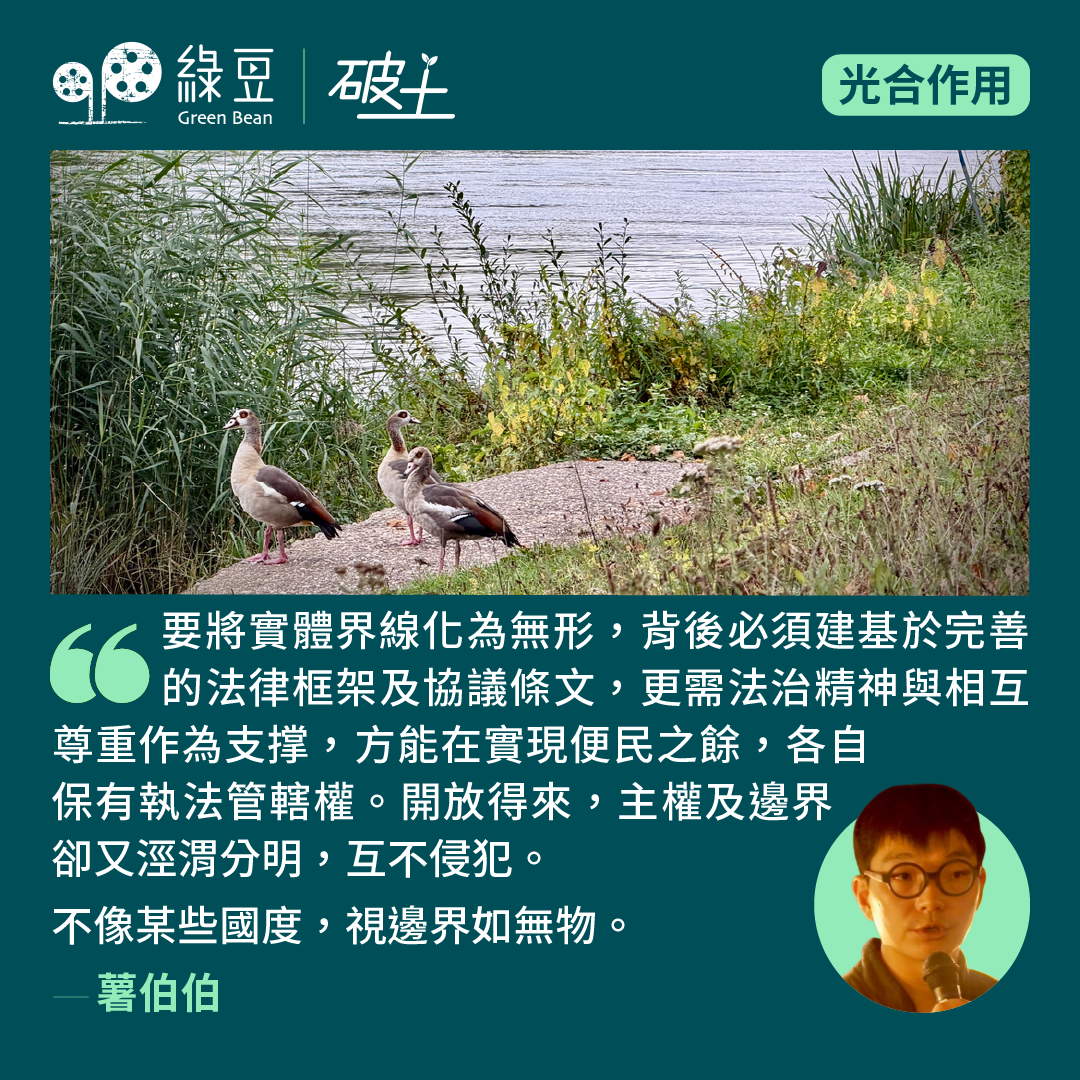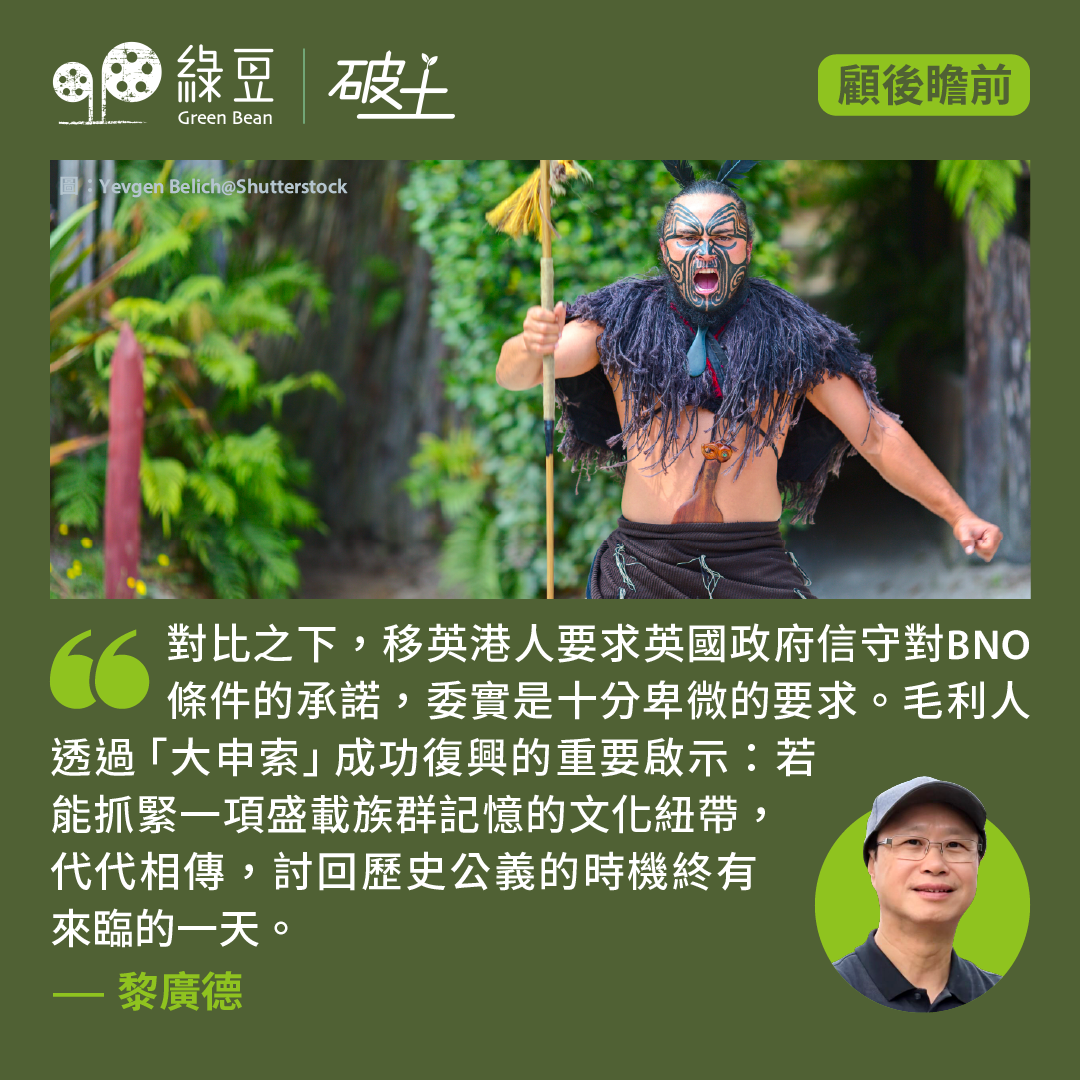Political diversity missing and missed in HK Book Fair

Founded in 1990, the annual Hong Kong Book Fair organised by the semi-official Hong Kong Trade Development Council is more than a showcase of the city’s publication industry. The mega-event that has drawn close to one million visitors each year has told the story of Hong Kong as a culturally vibrant, politically pluralistic and socially diverse and accommodating city. Those days are gone.
Once a book fair that saw such political cartoon books ridiculing the first chief executive Tung Chee-hwa as an “old, stupid” old man – and beleaguered leader – selling like hotcakes, political diversity and inclusiveness have faded with the annual event marking its 35th anniversary this year.
Jimmy Pang’s warning
Flashed back to mid-2020, Jimmy Pang, an independent publisher who became well-known for his success in publishing political cartoon books featuring Tung, among other political books, had warned the Hong Kong national security law had caused “unimaginable fear” and chilling effect in the publication industry. The NSL took effect on July 1, just weeks before the 2020 Book Fair.
In view of the uncertainties, Pang said some ongoing book projects had come to a halt. Some publishers that specialised on political books had not participated in the 2020 Book Fair for the first time since 1990. He said book stories were worried about whether they could still sell books related to the 2019 social movement and the June 4 crackdown.
The annual book fairs that have been held as usual since then are no longer what it used to be. Pang’s worries are not unfounded. Books that carried political sensitive content and independent publishers and bookstores began to disappear from the TDC book fair.
Worse, they have also been removed from the shelves and archives of public libraries.
The culture of censorship
In a glaring resemblance to the act of “disqualifying” certain people from standing for elections, the authorities started “disqualifying” books. Dozens, if not hundreds, of books were removed from the shelves of public libraries, citing a set of rules governing what the government deems good for Hongkongers to read.
According to media investigations, some non-political books written by former legislators, academics such as travel and Louis Cha’s kung fu novels were no longer available in public libraries. Some have been put back quietly later.
Still, many books such as June 4-related titles previously available in public libraries no longer see the light.
With no sign of an easing on the crackdown against “soft resistance”, the culture of censorship has swept through the city’s publication and media industry and a list of sectors including arts and culture, performing arts and film.
Fewer writers dare to test the “red line”, avoiding sensitive political and policy issues if they keep writing. Even if they are willing to take a bet, many publishers and printers would like to play safe.
A showcase in an ironic sense
True, there are still a small number of publications that touch on politics and controversial topics. The chance of them being put on sale at the Beijing-back bookstores is slim. Small-sized independent bookstores, of which many are located on the upper floors of decades-old buildings for cheaper rent, have emerged since 2020 to fill the “political” gap in the city’s publication landscape.
Three independent publishers, including Bbluesky and Boundary Bookstore, have been barred from participating in this year’s Hong Kong Book. The third did not want to be identified, but had confirmed to the media their application was rejected. No reason was given for the rejections.
Bbluesky and Boundary Bookstore had participated in last year’s book fair. Both had been told by TDC to remove some books from their booths, citing complaints but without elaboration.
According to the Boundary Bookstore, four titles were not allowed to be sold. They include The Last Faith by Hong Kong veteran reporter Allan Au; a new novel written by Liu Wai-tong, a local poet; a collection of stories about Hong Kong children who emigrated; and novelist Leung Lee-chi’s Everyday Movement.
The four titles are still available in independent bookstores. There are no indications that the four titles are deemed by the authorities as seditious publications that are punishable under the relevant laws.
That TDC seems to have decided to exercise their powers to ban, first, certain titles, then, bar certain publishers from participating this year to avoid controversy says a lot of the “unimaginable fear” and chilling effect that has ensued since the NSL took effect.
Billed as the city’s largest book fair, the Hong Kong Book Fair is still a showcase of the city’s publication industry and society at large, but in an ironic sense.
Still, there is a prominent presence of political books of a different kind. Copies of “political” books under the name of President Xi Jinping emerged as the “must-buy” for top officials and lawmakers. Executive Council convenor Regina Ip is scheduled to talk about her new book and old pictures at the weekend.
An alternative book festival
Markedly missing, however, are independent publishers and bookstores and books that may cause a stir because of its content or simply because of the background of authors.
For the third year in a row this year, independent publishers have come together to hold an alternative book festival. A total of 14 held a four-day event entitled “Reading Everywhere – Hong Kong Independent Book Fair and Bookstore Festival”. It ended on Sunday.
Fingers are crossed on whether it will survive the extreme political climate in the city, providing an alternative to book lovers.
▌ [At Large] About the Author
Chris Yeung is a veteran journalist, a founder and chief writer of the now-disbanded CitizenNews; he now runs a daily news commentary channel on Youtube. He had formerly worked with the South China Morning Post and the Hong Kong Economic Journal.





